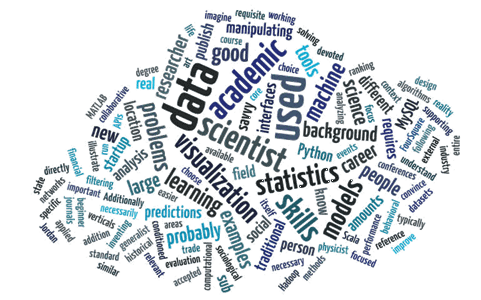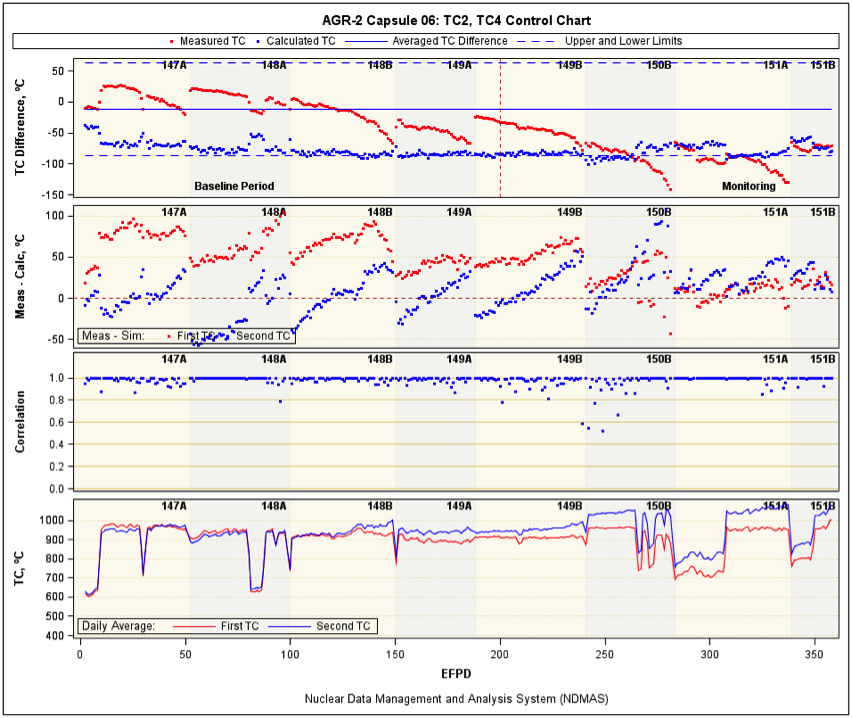Statistics and Data Analysis
The Statistics Group provides experimental design, data management, uncertainty analysis, and data analysis services to a wide variety of laboratory programs.
The statistics team is multidisciplinary, with expertise in statistics, mathematics, geochemistry, and information technology. The department has expertise in SAS, JMP, SQL Server, R, and MATLAB, allowing team members to select the best tool for data being analyzed.
The core capabilities of the group include:
Experimental Design Pattern recognition Reliability analysis Bayesian statistics Spatial modeling and geostatistics Stochastic modeling Uncertainty analysis and error propagation Development of data quality standards Database design and development
|
 |
Applying these capabilities, guidance and analysis is provided for:
defining data needs
designing statistically relevant experiments
managing data and databases
analyzing data so that it can support decision making, including reliability analysis
summarizing data and analysis results in reports, web pages, and presentations
assuring the quality of data and software
Statistical support is provided to:
Light Water Reactor Sustainability (LWRS) Program
Advanced Reactor Technology (ART) Program
Nuclear Regulatory Commission (NRC)
Accident Tolerant Fuel Program
Homeland Security
Internal INL organizations
Experimental Design and Statistical Analysis

The group's experimental design expertise has been utilized by several programs and projects at INL. Some examples include factorial design and analysis for the study of the impact of harvest equipment on ash variability of baled corn stover biomass for bioenergy, mixture design for optimizing the blend of biomass feedstock for economic feasibility of biofuel production, response surface design for modeling the effects of various irradiation parameters (e.g. burnup) on fuel plates (e.g. blistering, swelling), and paired comparison design to determine the effect of TRISO coated fuel type and elevated temperature on fuel performance.
Extensive sampling plans have been developed for a number of different applications. Examples are: the statistical analysis of borated stainless steel, compliance of TRISO coated fuel parameters to fabrication specifications, and cost estimation of waste container treatments.
Standard and non-standard statistical analysis techniques are used in the analysis of data from multiple programs with a wide variety of applications. These include Bayesian statistics in the trending of nuclear power plant system and component failure events, statistical monitoring of thermocouple performance in irradiation experiments, regression analysis of compensation practices, distribution estimation of nuclear fuel properties, and uncertainty analyses of calculated fuel temperatures from irradiation experiments.
Nuclear Data Management and Analysis System (NDMAS)
The statistics group developed and maintains the Nuclear Data Management and Analysis System (NDMAS), a data management system that was originally developed to house the Next Generation Nuclear Plant data. The work performed by the NDMAS team includes:
Data archival
Long-term data storage in a relational database
Tracking of data qualification
Assistance with the data qualification process
Data analysis
Web delivery of data, graphs, and analysis results via SharePoint
Specialist support for the collection, mining, classification, analysis, and reporting of large data sets.


